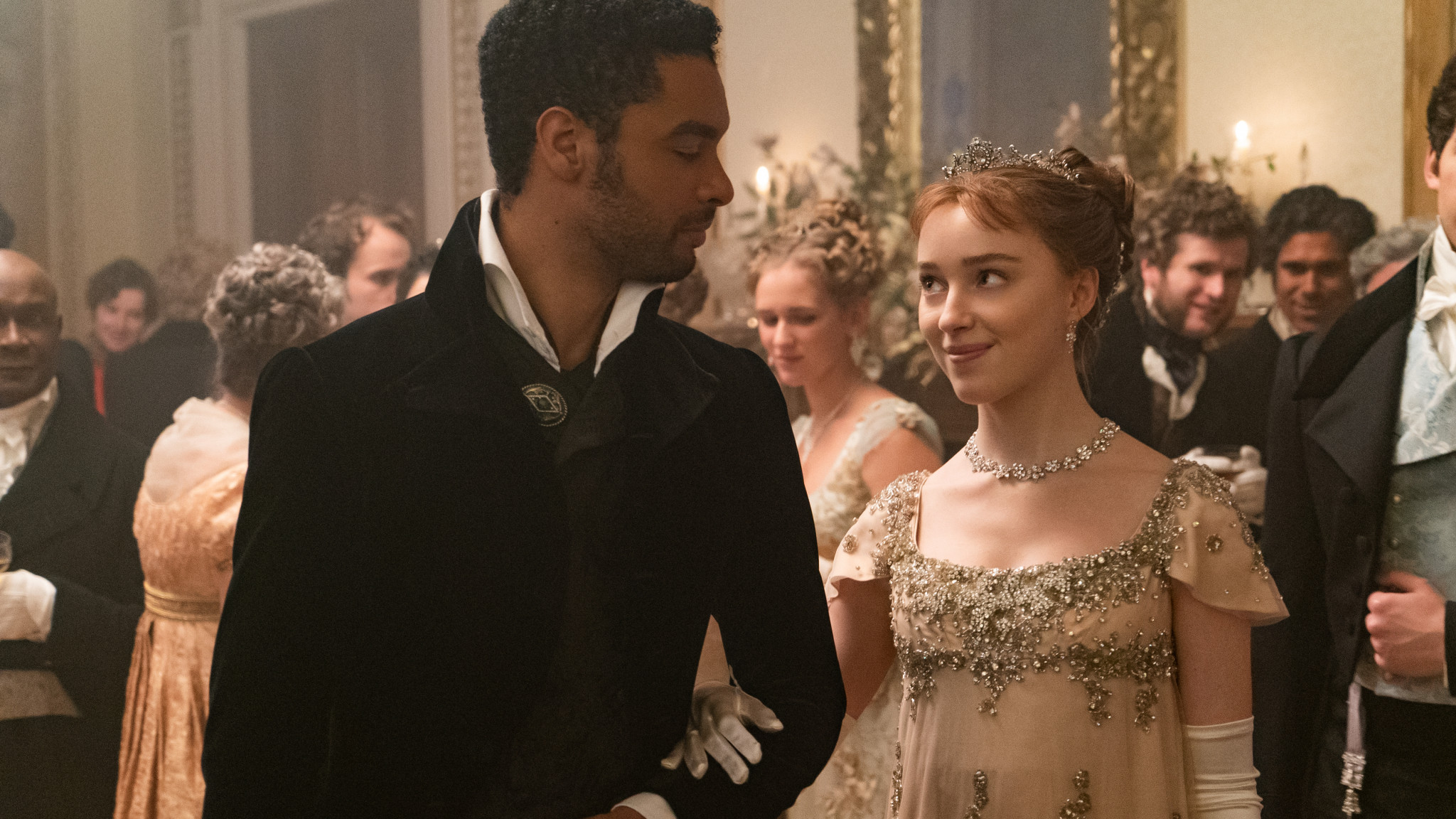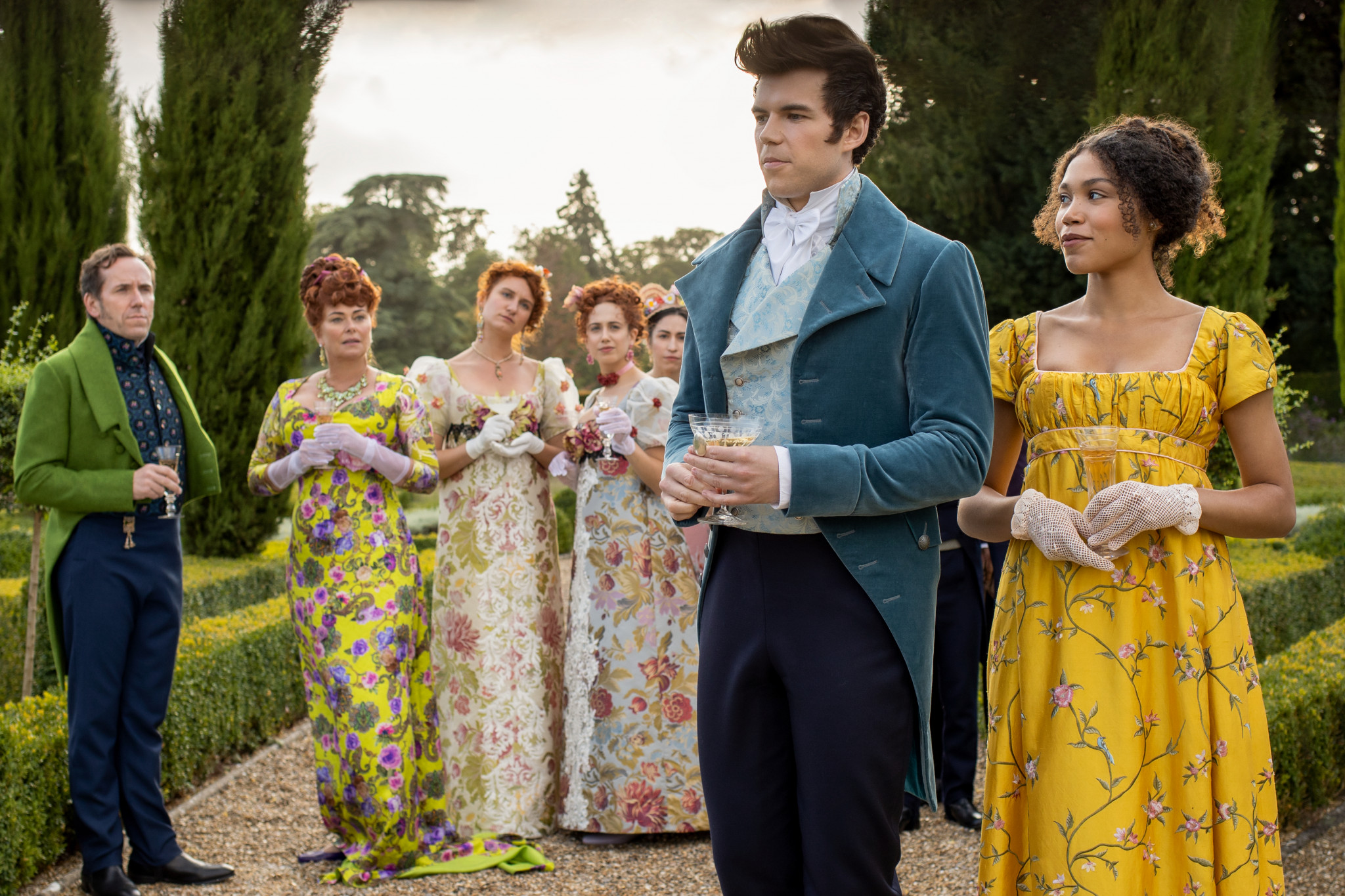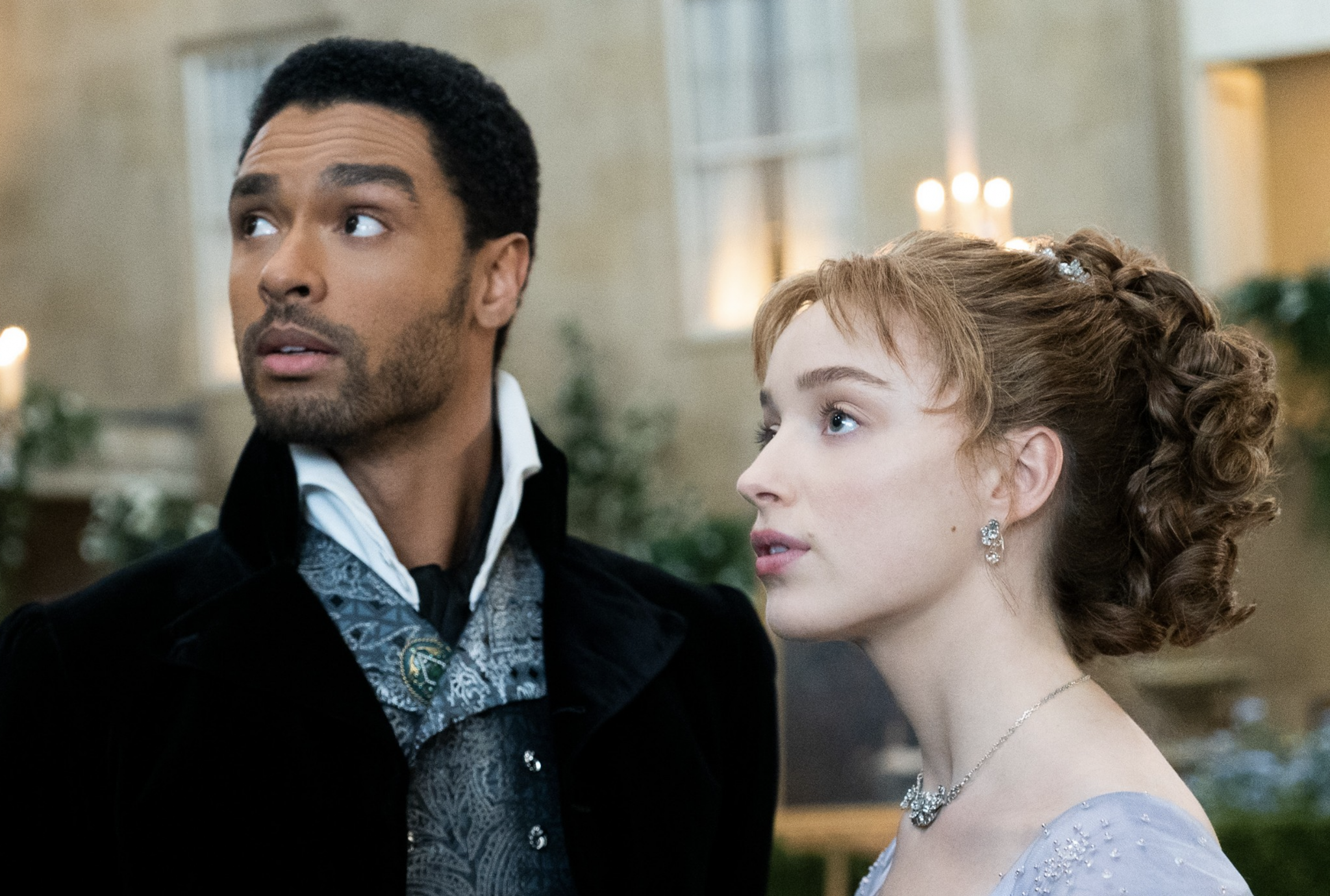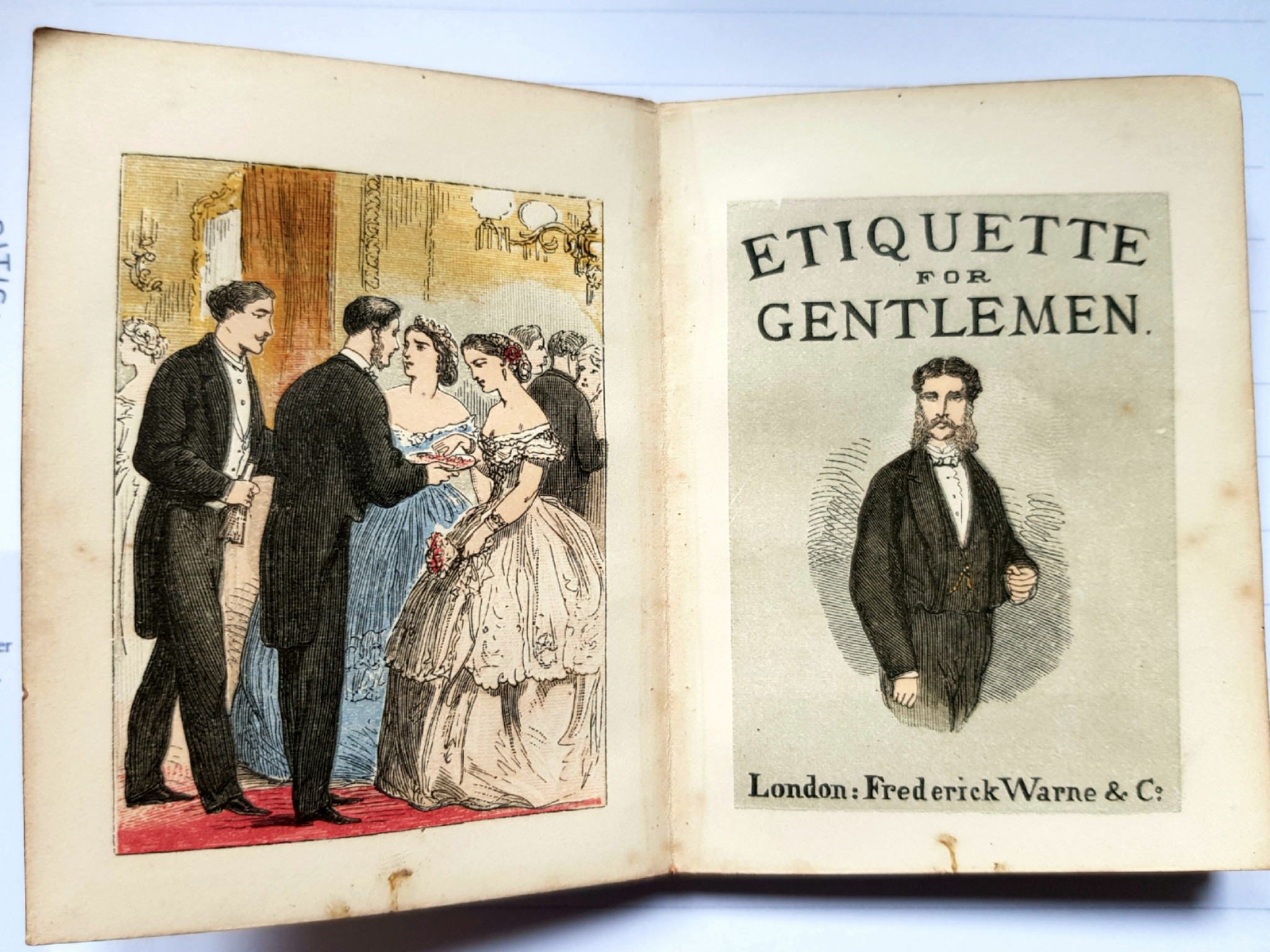
Mayfair provided much of the inspiration for the Netflix blockbuster Bridgerton, which has, in turn, sparked a revival of the Regency lifestyle
Words Jonathan Whiley
Lavish period costume, acerbic dialogue skating across opulent ballrooms and dishy aristocrats; Netflix mega-hit Bridgerton has been the show of lockdown three.
Dubbed ‘the Georgian Gossip Girl’, the series has been watched by more than 80 million people worldwide. The ‘Bridgerton effect’, as it has become known, is being felt far and wide; embroidery sets, corsets and wisteria have become de rigueur and wealthy overseas buyers have acquired a taste for Regency life.
Property agencies in Bath, where filming took place – chosen to resemble Mayfair’s Grosvenor Square in 1813 – are reporting a surge in interest; a member of Knight Frank’s Bath branch likened it to “a frenzy”.
On our own (rather regal) doorstep in Mayfair, newly opened Henry’s Townhouse in Marylebone is offering a “summer staycation” package for Bridgerton fans, while locally-based etiquette and domestic staff recruitment specialists are also reaping the rewards.

“Clients are reaching out to us for a chef for the night or a butler for a birthday celebration,” says Lucy Challenger, CEO of Polo & Tweed, specialist in domestic staff training and recruitment.
Bridgerton has also led to increased interest in training; Polo & Tweed offers everything from silver service to housekeeping, currently via an e-learning portal specialist in domestic staff training and recruitment based in Stratton Street.
“There were people who watched Bridgerton and thought, ‘my gosh, I would really like to be a butler’ or ‘I wonder how much a housekeeper can earn?’. They were coming to us to learn the skills to change career path and, interestingly, we also had employers who want to enrol on the courses, because they are much more aware of how their own household is run.”
Lucy has also seen an increase in demand for nannies and tutors as parents juggle their responsibilities. “Many new clients were pulling their hair out and they look at Bridgerton and how their homes are run with such ease and think, ‘why can’t we have that? “Live-in groundsmen and gardeners are very popular as they can run errands for the house and live-in housekeepers are especially popular since Bridgerton.”
How about the requirements for a modern-day family in Mayfair? “We have a lot of clients in Mayfair,” says Lucy.
“Modern-day households still want all the staff you see in Bridgerton, from a lady’s maid through to a butler and chauffeurs, which are very popular in Mayfair.
“There were people who watched Bridgerton and thought, ‘ I would really like to be a butler’ or ‘I wonder how much a housekeeper can earn?’”
“Modern-day households still want all the staff you see in Bridgerton, from a lady’s maid through to a butler and chauffeurs, which are very popular in Mayfair.”
“Houses run like boutique hotels for our type of clients in Mayfair. Clients travel a great deal normally and these properties need to be cared for. When the Duke in Bridgerton is not in residence, the staff have to look after it and Mayfair is very much like that in that staff run the households.”
Lucy’s global clientele include royalty, high-net-worth individuals, VIPs and celebrities from Monaco to the Middle East. “Our clients do include ‘normal families’, working families who need an extra pair of hands but, realistically, we are working with the top one per cent.”
Such is the interest in the Netflix series, The British School of Etiquette – based in Shepherd Market – has created its own Bridgerton-inspired ‘guide to etiquette in the Regency period’.
The guidelines cover strict rules on courtship, dining, ‘lady etiquette’ (overt displays of emotion were generally considered ‘ill bred’, greetings (a lady must never call a gentlemen by his first name) and dancing (three dances with the same man would earn a lady a bad reputation).
Set up in 2013, the school has an affiliate partnership with The Chesterfield Mayfair and has an international footprint with strong representation in the likes of India, China, Hong Kong, Brazil and Dubai.
Their courses include ‘Kidiqeutte’ for children, ‘Mindset and Manners’ for teenagers and ‘Train the Trainer’ for those looking to acquire qualifications to enter the industry. Like so many, they now provide online webinars and courses. In a meta move, attendees are supplied ‘Zoom etiquette guidance’ before classes.

Morning calls and male talk
Etiquette in the Regency period

Morning calls usually took place in the afternoon and did not last longer than half an hour.
During the season, it was essential to be seen in Hyde Park during the promenade hour of 5pm-6pm.
Ladies were expected to retire to the withdrawing room after dinner, leaving the men to their port and ‘male’ talk.
Posture was of utmost importance and many young ladies used a backboard – a piece of wood strapped to their back to ensure it was straight.
No lady was to be seen driving or walking down St James’s Street where many of the gentlemen’s clubs were located.
A married woman could take a lover as long as she had presented her husband with an heir and was discreet about the affair.
Three dances with the same man would earn a lady a bad reputation and could lead to her being left off the guest lists for future balls.
Courtesy of The British School of Etiquette







